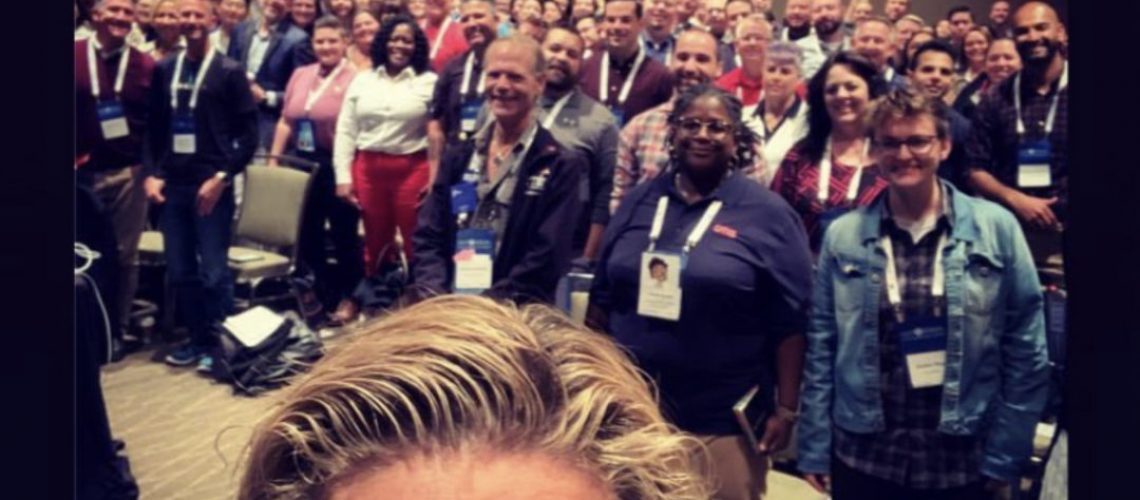We, as a society, are craving connection. It’s one of the things I talk about when I speak all over the country about this very topic. I have spent the past year and a half studying and researching, talking about and asking questions about what this looks like in different settings. Belonging, engagement, connection, compassion and empathy, and inclusion.
The courage to explore these concepts in the workplace every day is daunting, but the importance is paramount.
I don’t think there is anywhere that is more important to understand the concept of belonging than on a young women’s sports team. I watched it play out from elementary school through college. Young women who are looking for their place in this world and who struggle to find it at times. Perhaps it’s time to dig into this idea of belonging at the core.
When researching diversity and gender equality as well as inclusion and the ideas behind compassion and empathy as a leader, I found that belonging is one of the most important pieces to put my focus. The research has pointed in all the same directions… and some eye-opening results. The opposite of belonging is loneliness. And in a time where suicide rates are up, division and hate as well as fear and anger are at their peak, it’s time we have some tough and vulnerable conversations about how to fix this where we can. I always say we should at least start from where we are.
If you coach a team, of you are a part of a team as a player, read this article carefully. Maybe even a few times. I am speaking to all of us. We have a responsibility to do our part where we can. And beginning with where we are means recognizing the times we haven’t been courageous enough to step in, to stand up or to speak up. Here is where that comes from:
We communicate differently that we did even just ten years ago. We are the most technologically connected society ever. However, we stand on the edge of being the most disconnected at the same time.
So how do we bridge that gap? How do we fix the disconnect? Part of that has to do with understanding belief windows and understanding connection and belonging. Think about the people you know at work, the young ladies you coach, your circle of friends. The different backgrounds, religions, races, family structures, socio-economic statuses, upbringings, physical attributes, the list could go on and on… But all of this is to say we all have different experiences about everything in our lives, and we all see the world through different lenses. The ability to embrace that, understand it, celebrate our differences and still see our humanity as one is the most important step toward true belonging.
Most kids don’t get bullied for being exactly like the person who is bullying them. It’s their differences that are often made fun of.
Brene Brown, in her book The Gifts of Imperfectiondefines belonging this way:
“Belonging is the innate human desire to be part of something larger than us. Because this yearning is so primal, we often try to acquire it by fitting in and by seeking approval, which are not only hollow substitutes for belonging, but often barriers to it. Because true belonging only happens when we present our authentic, imperfect selves to the world, our sense of belonging can never be greater than our level of self-acceptance.”
As a coach, the stakes are high. You have a huge responsibility to these young people to help them find their place on their team, in their circle of friends, and more importantly in the world, to do it authentically, and in a way that is promoting their self-acceptance and self-esteem. Today, more than ever, we need people to champion this cause. What better place than a team of young ladies, all working toward the same goal, with the same passion for the game? Because when you give them the gift of a safe place for them to exercise their authenticity, practice self-acceptance and explore their sense of belonging, you win more than championships. You win everything. And more often than not, their lives may depend on that victory.




